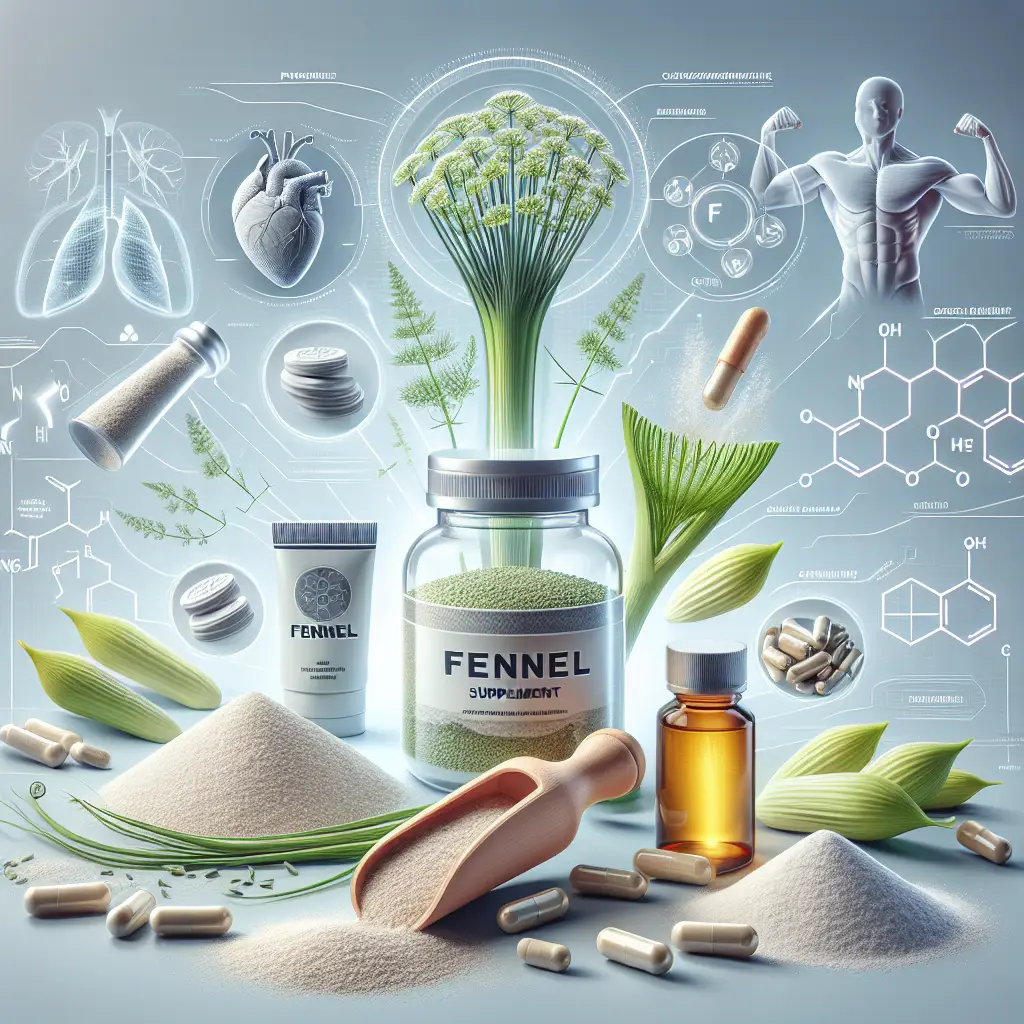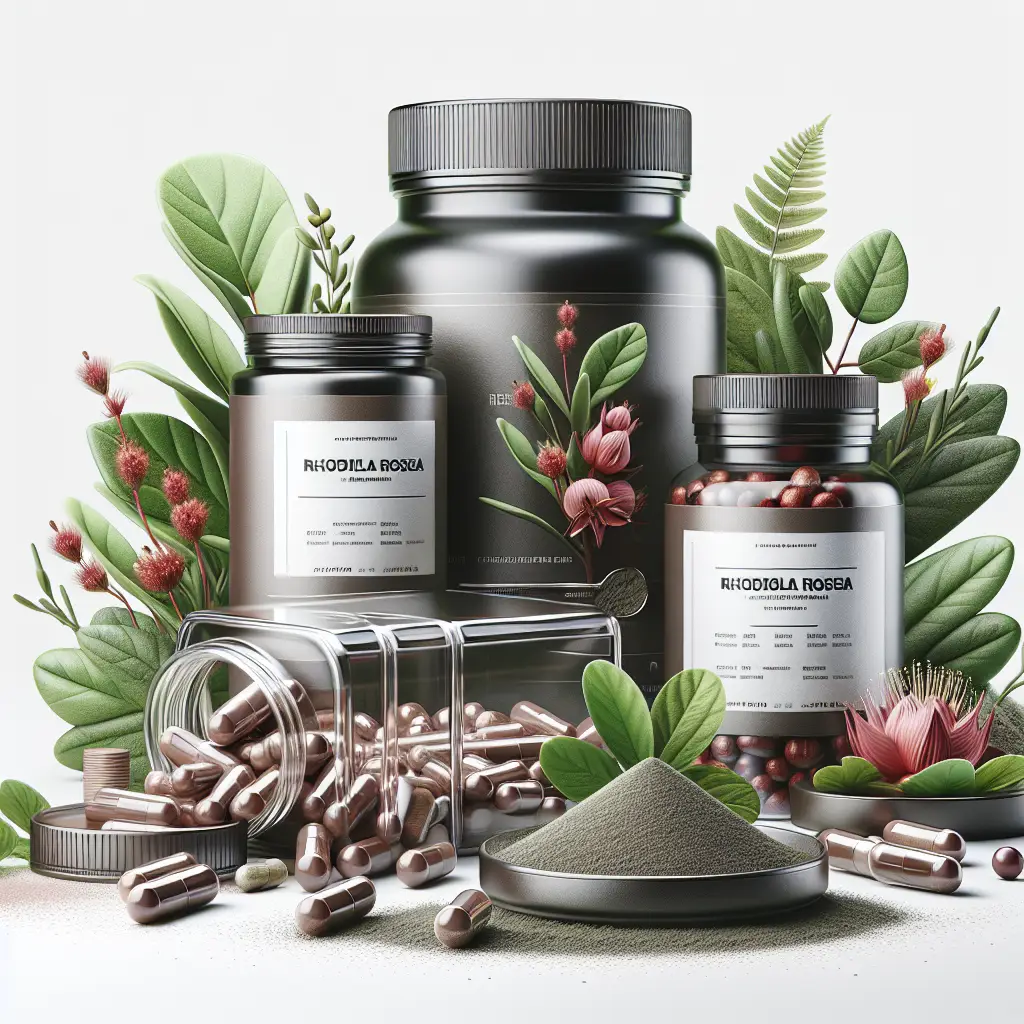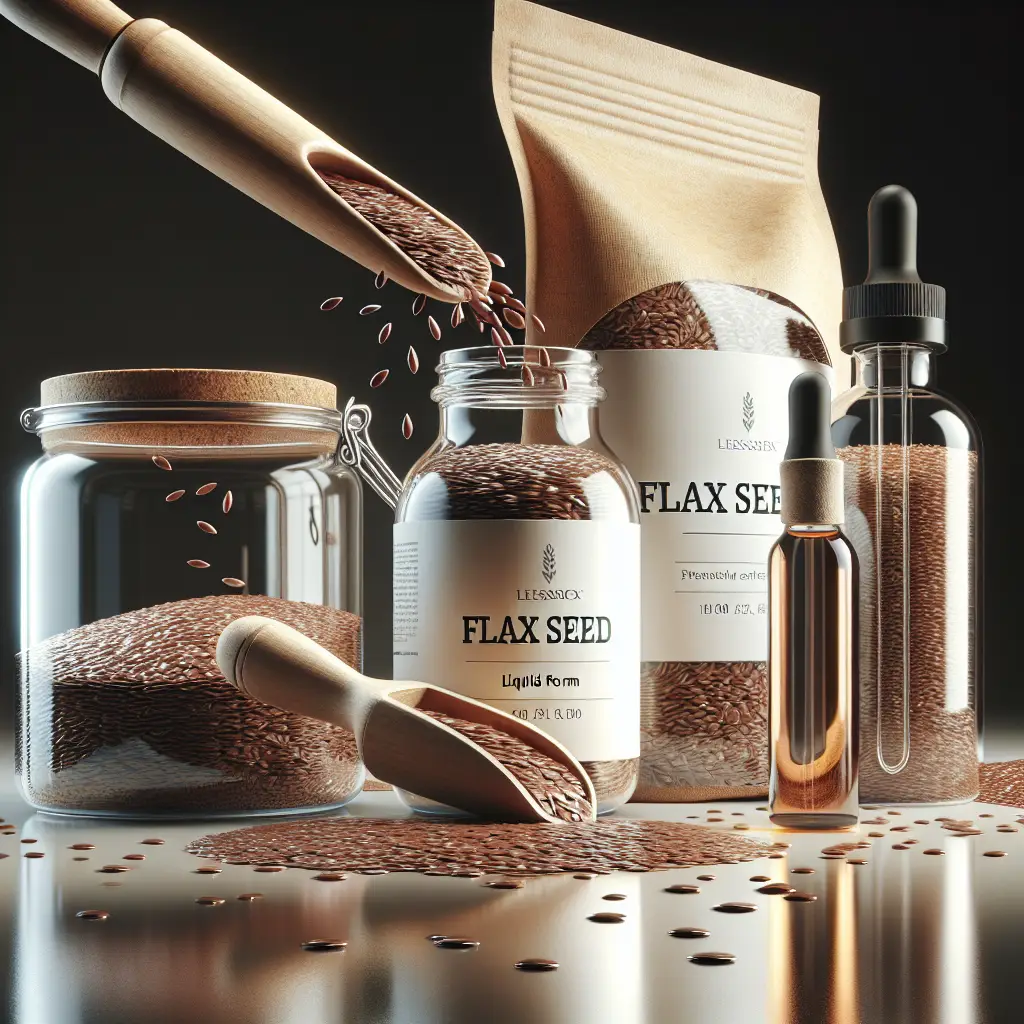Fennel
What is Fennel?
Fennel (Foeniculum vulgare) is a flowering plant species in the carrot family, native to the Mediterranean region. It has a long history of use in culinary and medicinal applications across various cultures. The plant produces a bulbous base, feathery leaves, and yellow flowers, and its unique anise-like flavor has made it popular in many dishes.
Fennel is comprised of various phytochemicals, including flavonoids, phenolic compounds, and essential oils like anethole, which are believed to contribute to its health benefits. You can find fennel in various forms, including fresh bulbs, dried seeds, and as an essential oil.
Benefits of Fennel
- Digestive Health: Fennel seeds are known for their carminative properties, helping to relieve bloating, gas, and indigestion.
- Antioxidant Properties: Rich in antioxidants, fennel helps combat oxidative stress and reduce inflammation in the body.
- Hormonal Balance: Some studies suggest that fennel may assist hormonal balance in women, particularly concerning menstrual health.
- Respiratory Benefits: Fennel has been used traditionally to alleviate symptoms of coughs and bronchitis due to its expectorant properties.
- Weight Management: Fennel is low in calories and high in dietary fiber, making it an excellent choice for those looking to lose weight or maintain a healthy diet.
Types or Forms of Fennel Available
- Fresh Fennel Bulbs: Used in salads, roasting, or sautéing.
- Dried Fennel Seeds: Commonly used as a spice in cooking, known for their strong flavor.
- Fennel Tea: A soothing herbal tea made from steeped fennel seeds.
- Fennel Essential Oil: Used in aromatherapy and topical applications, but should be used with caution.
How to Use Fennel
To reap the benefits of fennel:
- Fresh Fennel: Consider consuming 1 cup of raw fennel fronds or bulbs in salads or soups daily.
- Dried Seeds: A typical dose ranges from 1–2 teaspoons, either raw or brewed into tea.
- Essential Oil: Use sparingly and dilute with a carrier oil for topical applications. Consult with a healthcare provider for appropriate dosing.
Side Effects and Considerations of Fennel
Fennel is generally considered safe for most people. However, some individuals may experience allergic reactions or digestive discomfort. Pregnant women should limit fennel tea intake as it may have hormonal effects. Additionally, those on medications such as blood thinners should consult a physician before including fennel in their diet, as it may interact with certain medications.
Foods Rich in Fennel
- Fresh fennel bulbs
- Dried fennel seeds (often used in spice blends)
- Fennel oil (used as a flavoring agent)
Common Myths About Fennel
- "Fennel is only for flavoring food." False. While fennel is delicious, it also offers a range of health benefits beyond taste.
- "All fennel seeds are the same." False. The flavor and potency can vary between varieties of fennel seeds, impacting their health benefits.
- "Fennel has no significant nutritional value." False. Fennel is a source of dietary fiber, vitamins C and K, and minerals like potassium and manganese.
Conclusion
Fennel is not only a flavorful addition to various dishes but also a powerful herb with numerous health benefits. From aiding digestion to promoting hormonal balance, incorporating fennel into your diet can enhance both health and wellness. Whether consumed as fresh bulbs, dried seeds, or in tea form, fennel can be a valuable asset in any health-conscious diet.















